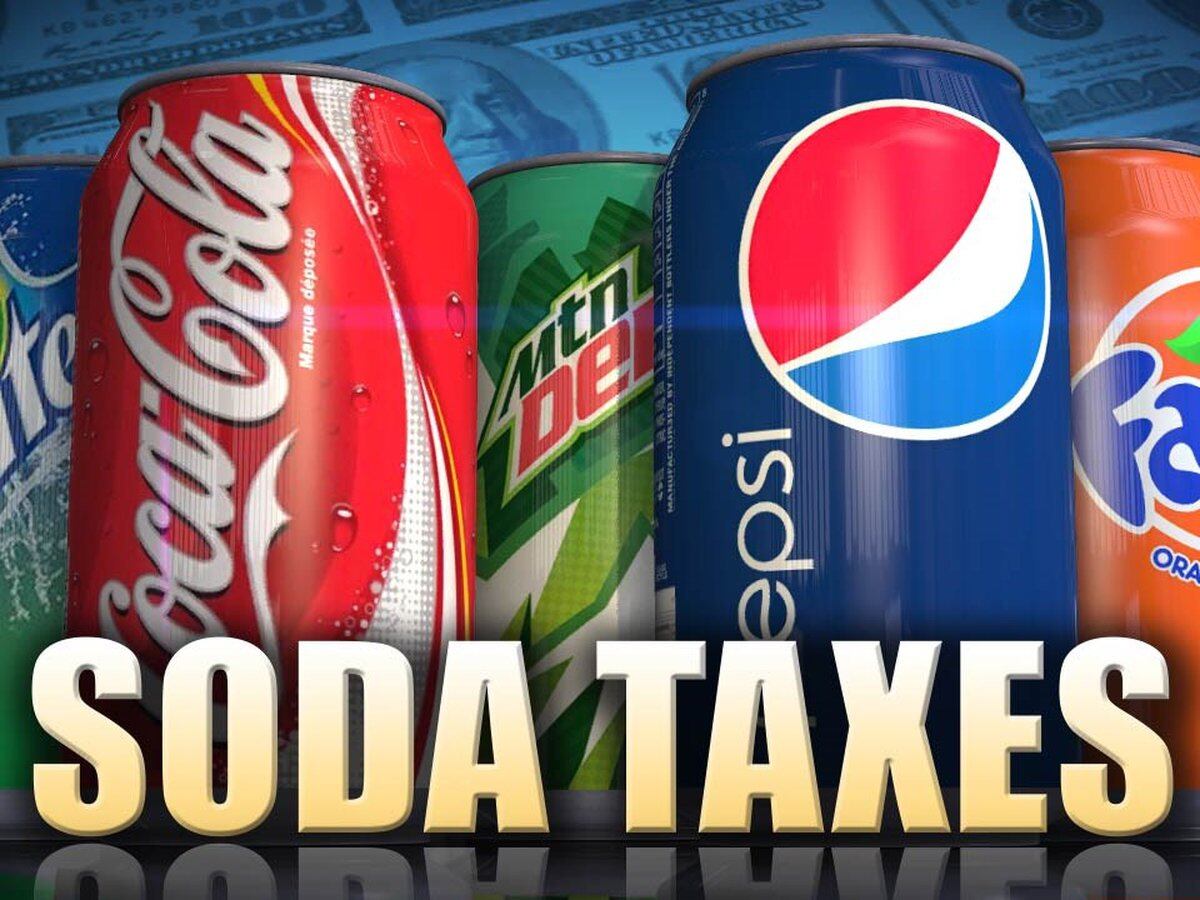Stats show the Philly soda tax was a fizzle
There it was, on Page One of the Inquirer’s local section, the unsurprising headline: “Philly tops in cities that saw beverage sales drop with soda tax.”

Other soda-tax cities reported similar results.
Not surprising because anyone who has mastered Economics 101 knows that the more heavily an item is taxed, with rare exception, the less it sells.
What was surprising was this statement from NYU food studies professor Marion Nestle: “These taxes are having the effect that they were intended to have, and that this is a reasonable public health measure. It’s something that discourages consumption of full sugar beverages.”
"Intended to have?" Let’s unpack that.
First, it was not sold by Mayor Jim Kenney as a public health measure. A few years earlier, Mayor Michael Nutter tried that tack, and failed.
Kenney’s argument was economic — this was the easiest way to raise money to fund pre-K education, plus 200 Rebuild projects, such as recreation centers, parks, and libraries.
Second, despite what the professor said, the tax was not on “full sugar beverages.” It was also on diet soda and flavored water that contained no sugar at all.
The study, published by the JAMA Health Forum, analyzed five cities that instituted so-called soda taxes, and found that Philadelphia recorded the greatest drop in sales — 46.8%. We're No. 1! But not in a good way.
Accordingly, receipts also dropped, which underscored the foolishness of tying funding of projects to an unstable revenue stream. In this case, consumers stopped buying the product, or bought it outside the city limits. As sales dropped, so did the revenue it generated.
In a semi-related development, the Inquirer earlier reported the Philadelphia School District would have a $407 million shortfall in fiscal 2025.
In case you have forgotten, to fund Philly’s schools, the city in recent years instituted a 10% tax on drinks served across the bar, and a $2 tax on a pack of cigarettes. They came on top of a 3.75% income tax on city residents, plus a 1.39% real estate tax split between the city and the schools, and a 1.21% business use and occupancy tax.
The funding of pre-K through the soda tax has been described as Kenney’s legacy.
As previously reported, that legacy stands in thread-bare Keds.
In 2017, officials expected to offer 6,500 pre-K seats by 2023. But only 5,250 seats were made available, due to lower-than-expected revenue. Less-than-expected by whom? Remember Economic 101? Higher taxes, fewer sales.
For the mathematically challenged, 5,250 is 80% of 6,500 — meaning a 20% shortfall of pre-K seats, which ain’t nothing.
Another embarrassing admission: The pre-K is far from “universal,” which is how Kenney promoted it.
There are about 40,000 3- and 4-year-olds in Philly. An estimated half attend no pre-K, or are in one that doesn’t meet state standards, the Inquirer said.
Now we are down to 50% of all kids, and 50% was a failing grade when I went to school. An F.
When he began his tenure, Kenney touted his signature Rebuild program as a once-in-a-generation chance to remake as many as 200 of the city’s recreation centers, parks, and libraries.
Only 17 have been completed. In eight years.
That’s an F-.
So put together the schools running in the deep red, and lagging revenue from the soda tax, what do you get?
More taxes!
What’s left? Cheesesteaks? TastyKakes? Soft pretzels? Water ice?
And Mayor Cherelle Parker wants to increase the school year?
Who is going to pay for it?



